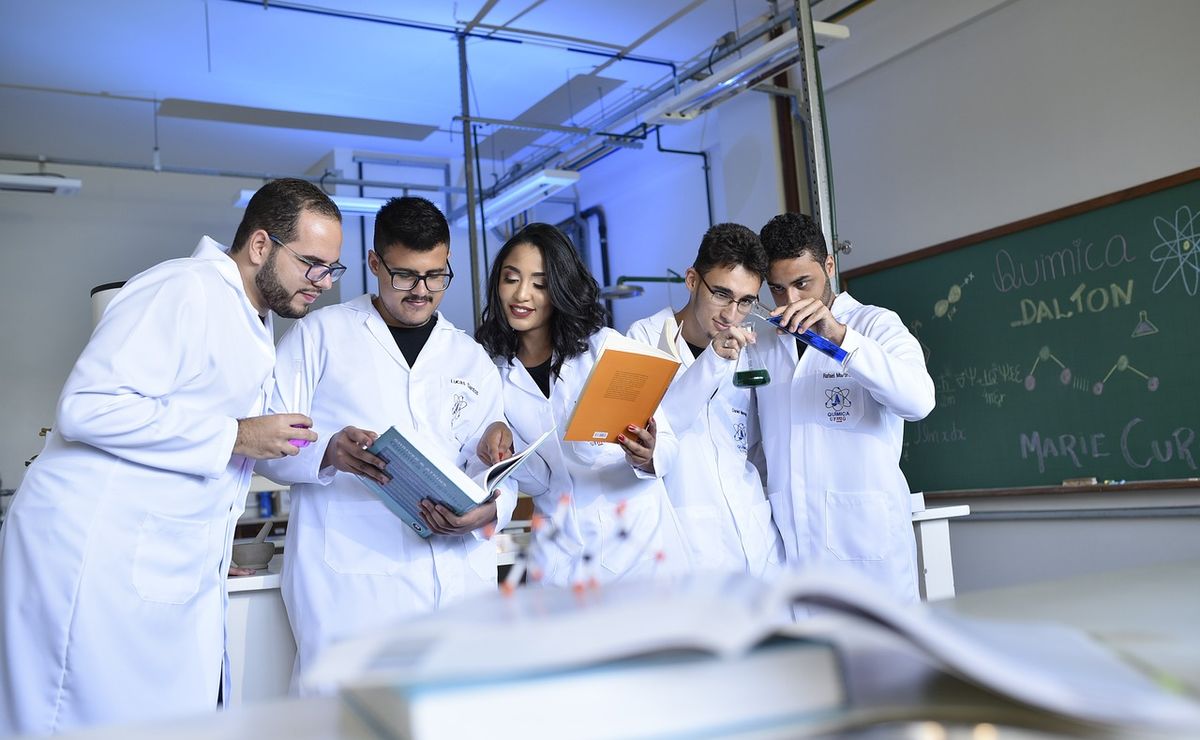health
The discovery could halt the process, allowing cancer cells to spread via the GREM1 protein

Researchers from the Institute of Cancer Research in London have identified a mechanism that can reverse the process that facilitates the growth and progression of pancreatic cancer cells throughout the body. As analyzed through the studies and published in the scientific journal Nature, manipulating GREM1 protein levels is reversing the ability of this tumor to grow into a more aggressive subtype.
“This is an important and fundamental discovery that opens a new avenue for discovering treatments for pancreatic cancer. We show that it is possible to reverse the fate of cells in pancreatic cancer in vitro, turning back the clock on aggressive tumors and changing them to an easier-to-treat state.”An excerpt from the statement said by Axel Behrens, who leads the cancer stem cell team at the Institute for Cancer Research and senior author of the study that was conducted.
In this study, the team of researchers switched off the GREM1 protein in mice in “mini-tumors” of the pancreas, which can be called organoids. This process speeded up the cells, causing them to rapidly change shape and develop properties that help them gain new tissue and migrate throughout the body.
Within 10 days, all cells had become extremely dangerous and invasive. Turning off this gene made it easier for tumors to spread in mice. On the other hand, raising the level of GREM1 can slow down this process, making it less dangerous. Within these studies, there was a discovery of a protein named BMP2, which binds to the first protein, suggesting that together they are primarily responsible for the behavior of pancreatic cancer cells.

“Wannabe internet buff. Future teen idol. Hardcore zombie guru. Gamer. Avid creator. Entrepreneur. Bacon ninja.”

